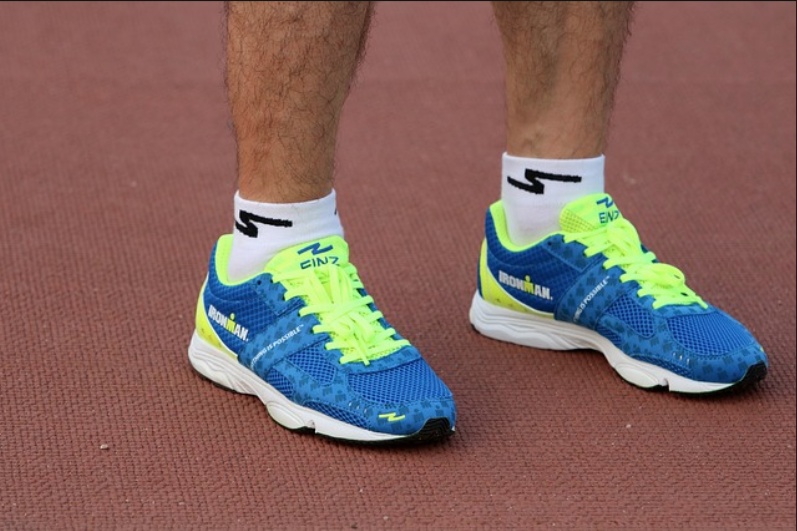Summer is a great time to establish habits that you carry through the rest of the year and beyond. AICR recommends that you aim for at least 150 minutes a week of moderate exercise to reduce your risk of cancer and maintain a healthy weight. Here are five ways to get active.

- Stretch with yoga! Yoga is now recommended by a major clinical oncology group for survivors to improve their quality of life after cancer treatment. Research supports yoga as one strategy to decrease anxiety and improve mood for breast cancer survivors. Additionally, research suggests that improvements in sleep quality and quality of life may be benefits of yoga.
- Get your running shoes on. Evidence is clear that exercise reduces risk of several cancers and researchers are working to understand how. Laboratory studies help us to examine the mechanism responsible for this effect. One potential mechanism is that adrenaline released during physical activity can activate our cancer-fighting Natural Killer (NK) cells. The study found that running mice had higher levels of NK cells and develop far fewer tumors than their less active counterparts. Adrenaline can be released by any kind of physical activity and running is affordable and accessible!
- Get your walking shoes on. Moderate walking is an easy activity for many people. Moderate walking means keeping a pace of about three to three and-a-half miles per hour (you can talk but not sing), whereas very fast walking at four-and-a-half miles per hour or jogging at five miles per hour is classified as vigorous activity (you can only talk for a short time).
- Up your pace during your workout. High-intensity interval training (HIIT) is a great way to boost your walk or run. A recent study found that short, intense bouts of exercise reduce the growth of colon cancer cells. This was a small pilot study that requires follow-up research to explore whether these findings translate to people in real life situations. But it does suggest important insights into how exercise overall and the intensity of the exercise may contribute to suppressing colon cancer growth.
- Create outdoor beauty and grow your own food. Gardening and yard work can complement other ways of moving They are great options for people to be active without venturing too far from home. If you don’t have a yard, find a local park or greenspace that needs volunteers to help with maintenance. Or you could join a community garden. Volunteering can be a great way to teach children about community engagement, and vegetable gardening teaches the fun and responsibility involved in growing tasty, colorful produce.
You can read more about how physical activity links to cancer risk, and take our quiz to see if you are active enough in our activity section.





